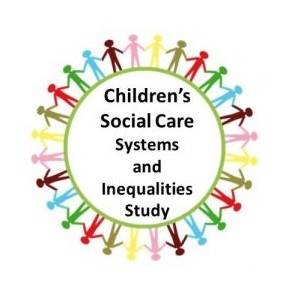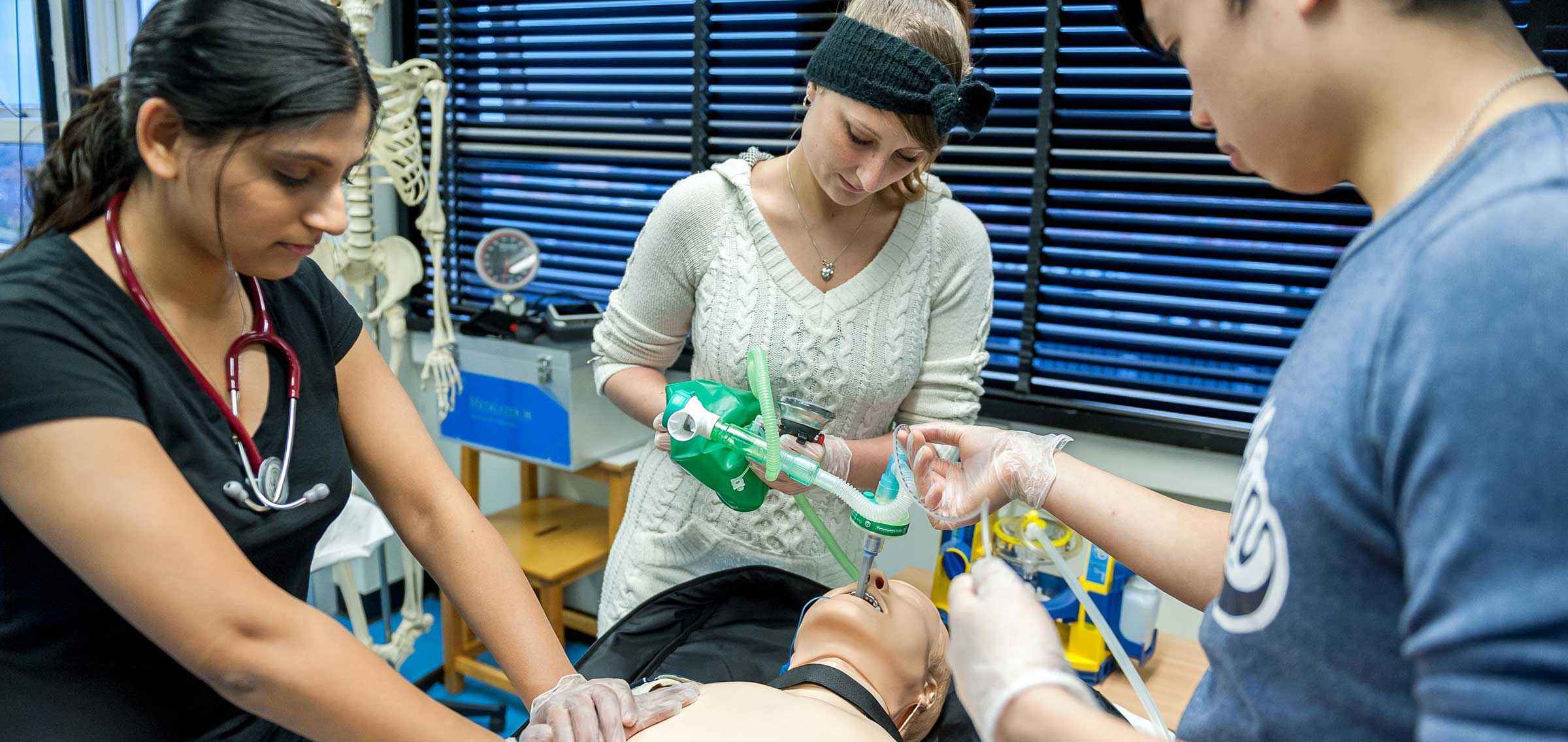Identifying and understanding the link between system conditions and welfare inequalities in children's social care services
About the project

Funder: Nuffield Foundation
Value: £317,659
Project Team
- Professor Rick Hood, Kingston and St George's
- Professor Paul Bywaters, University of Huddersfield
- Mr Allie Goldacre, Kingston and St George's
- Dr Sarah Gorin, Kingston and St George's
Project objectives
- To identify the characteristics of local authorities, neighbourhoods and individuals that are associated with particular pathways of intervention for children receiving children's social care services.
- To understand from the perspective of practitioners and managers why there might be different patterns of demand and provision in their own services and in the sector as a whole.
- To use the empirical findings to understand the link between system conditions and welfare inequalities in children's social care.
- To engage with professionals, policy makers, politicians and the public in order to disseminate the study's findings and promote a holistic understanding of performance that takes into account the social context of intervention.
Outcomes and impact
The outcomes from this study include theory-building, capacity-building, influence on systems design and contribution to policy debates in children's social care. Their overall impact should be to make child welfare services more flexible in the way they meet the needs of children and families, and make sure that new models of provision help to reduce welfare inequalities rather than exacerbating them.
- Theory-building - this study examined some of the potential causes of child welfare inequalities and contributed to theoretical knowledge in this field.
- Capacity building - this study provided additional capacity to participating agencies to understand and interpret their administrative data.
- Influence on systems design - the finding contributed towards innovation in delivering children's social care by providing evidence of systemic changes needed to reduce inequalities in provision.
- Contribution to policy debates - the findings contributed to a specific strand in the debate on child welfare inequalities, namely the way in which policy prescriptions shape institutional priorities and organisational structures in children's social care. This study also helped to foreground a systems perspective for planning and implementing change.
Publications
- Screen, ration and churn: demand management and the crisis in children's social care.
- Demand management is making problems worse for local authorities under pressure.
- Exploring drivers of demand for child protection services in an English local authority.
- Beyond the toxic trio: exploring demand typologies in children's social care.
- Impact of Ofsted inspections on performance.
- Factors affecting the social gradient.
- Reunification and re-entry to care.
Project report
- Full report: System conditions and welfare inequalities in children's social care (PDF)
- Executive summary (PDF)
- Research briefing (PDF)
The social gradient in children's social care
As an extension of the main study, a detailed analysis of the national datasets for children's social care was carried out in partnership with Ofsted. This work aimed to build a national picture of welfare inequalities in CSC, focusing on the factors influencing the social gradient but also seeking evidence of its effect on outcomes for children.
- Full report: The social gradient in children's social care (PDF)
- Executive summary (PDF)
- Research briefing (PDF)
Reunification and re-entry to care
Children often return home to their parents after a period in care. However, reunification is becoming less common and rates of re-entry to care are high compared to other exit routes such as adoption and special guardianship. To investigate the factors affecting the chances of re-entry to care, anonymised data was extracted from the national Children Looked After returns for all English local authorities (LAs) from 1 April 2014 to 31 March 2020. Analysis showed that 35% of children who returned home in 2014-15 subsequently re-entered care within the next six years. The likelihood of re-entry was found to vary significantly depending on characteristics of the child and on the type and quality of provision.
Further information
For a brief overview of the project, see the project summary (PDF). We would be very happy to talk to interested colleagues and groups about this research. The team also discusses the research on the Community Care blog: Why are children treated unequally by social care services? For more information, please contact Professor Rick Hood.
Related projects
This project builds on the findings of two independently-conducted studies. The first is the Child Welfare Inequalities Project. Also funded by the Nuffield Foundation, the main objective of this project was to detail the relationship of deprivation, policy and other factors to inequalities in key child welfare intervention rates through separate and comparative studies in the four UK countries. The second study was an analysis of patterns of demand and provision in children's social care, using a combination of aggregated datasets and performance indicators for all local authorities in England.





